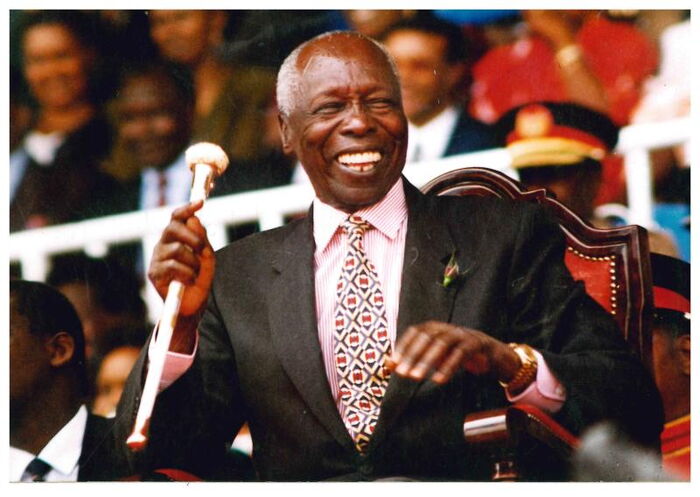
Today the body of a great man was laid
to rest. But do you expect me to eulogize a man who has lived to be 100? Where would
you start? By nature’s own account he stands tall among men, if only for the privilege
of years. Which quarter of the century would you talk about? the first quarter
or the last? Would you talk about his youth, his family, his heart, his failures, his work, his
friends or his country? No, this I cannot do. At best I can only read from his
open book. Still, it would not be possible to get the whole picture, save
snapshots of history, that mark the life of such a man. Unless of course, he told
his own story. But here I must check myself and read leadership from his
legacy. With a testimonial of more than one-half century, he has to be a case study
in classes around the world, but even then, there are many secrets he has taken
with him.
From the moment he put his foot
on the pedal to get an education and a spiritual foundation, he did not let up
until he handed over the country to a new president. If you want to be a leader,
school, and the spirit is a good place to start. As head of state he never
missed a day of worship. Like the character of David of old, he had his flaws
and every leader has his enemies, real or imagined. But like David he was sharply
focused on his mandate to rule. For leadership, he believed, comes from God.
He had a personal philosophy of
peace, love and unity. Many leaders today could do with a simple vision to bring
people together. As a person, he awoke long before dawn and was in office by
sunrise. It is not enough to say he gave his life to a cause; it is better to
say he lived a calling. But he was not just a leader of men, he worked hard for
women and children and did everything a father would do to ensure the welfare
of his family.
He traveled the country and
communicated constantly. There is no corner of this country he did not traverse
in search of people, projects and maendeleo (development). Like a Shepard
he sought the lost and brought the marginalized into the fold. Many a leader
today can learn a lesson or two about inclusivity and the power of diversity. In
his passion he took charge of building gabions and planting trees long before global
warming sounded its warning. Many of us today could do with a far-sighted vision.
In expanding education, he laid a firm foundation of human capital on which the
nation depends today. How many of us take time to invest in others?
Leadership and politics go hand
in hand, but politics is no man’s party. In politics, he fought his battles
with gusto. I find that great leaders fight hard to keep the peace rather than
go to war, but win the battle of political score. A leader must be judged in the
context of his time and not with the cleverness of hindsight. Back then, many
nations struggled around us to keep afloat and governments collapsed in disarray.
From unlikely beginnings as vice president he led the nation from the front
over 24 years surviving the intricacies of political alignments, strangling economic
times and even seasons of drought.
As leaders we can learn about the
staying power of grit and grace as we read about the man for whose sheer energy
many could not keep pace. So, what else do I take away from the spirit of this great
son of Africa whose book I continue to read? …It is that leadership is for a
reason and for a season, that to every man is given a grace he can bear, that to
every man is given a gift to share, and that to every man is given a duty to
care. It is that to every man is given a time and place to exercise his calling.
And when all is said and done, and the sun
has set on his time, a man must forgive those who wronged him and ask for forgiveness
from others to gain entrance to heaven. His body may be gone, but his spirit
lives on. Farewell Mr President, fare thee well Daniel Toroitich arap Moi!


